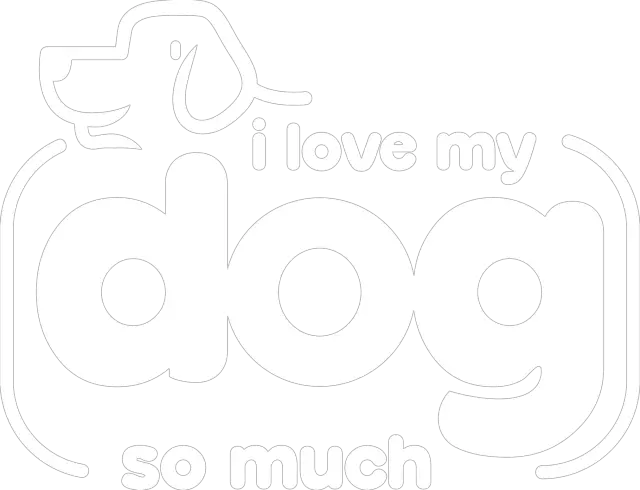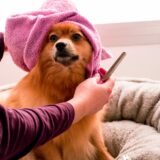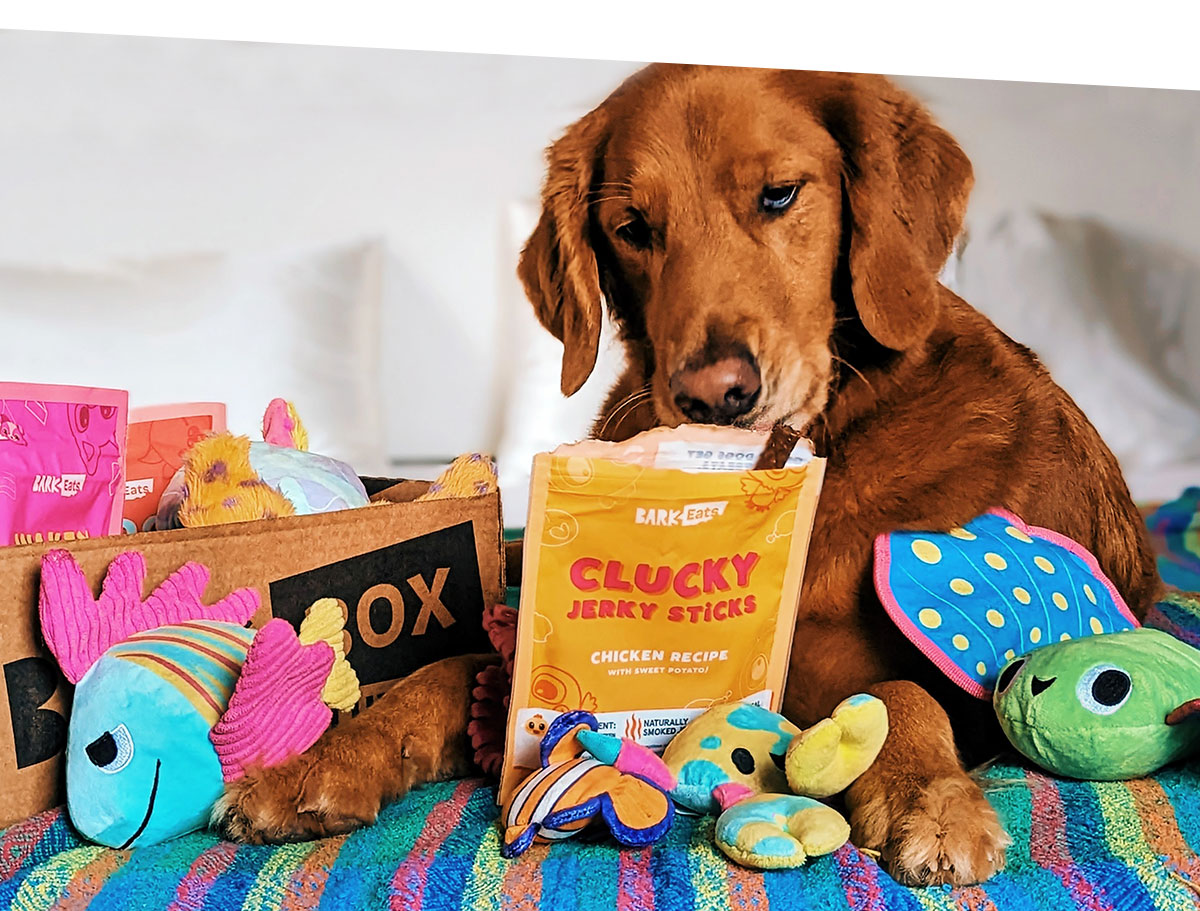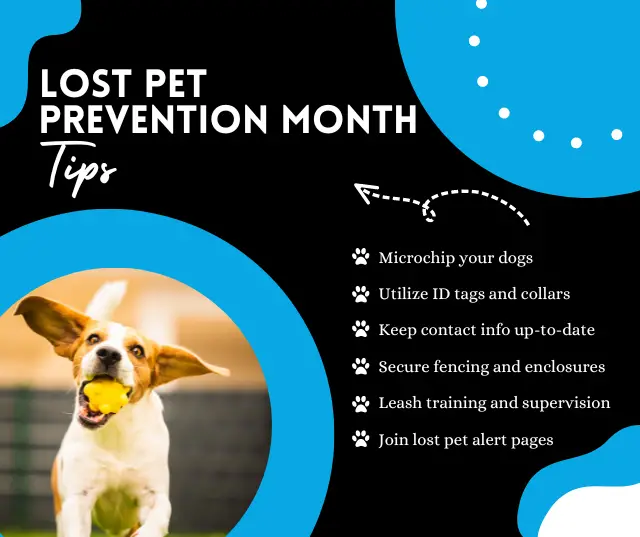As a hunting enthusiast, you know the importance of having a loyal and capable hunting companion. And when it comes to finding the perfect hunting dog, the Pudelpointer stands out among the rest. This versatile breed is an excellent choice for anyone looking for a loyal, intelligent, and highly skilled hunting dog. In this blog post, we’ll explore why the Pudelpointer is a great hunting companion, its unique characteristics, and how to train and care for this breed.
History and Origin of the Pudelpointer
To fully understand the Pudelpointer breed, it’s essential to know its history and origin. The Pudelpointer was developed in Germany in the late 19th century by a German breeder named Baron von Zedlitz. He aimed to create a versatile hunting dog that would excel in both the pointing and retrieving game. The Pudelpointer was a crossbreed between the German hunting poodle and the English pointer, and the result was a dog that was intelligent, loyal, and highly skilled.
Physical and Behavioral Characteristics of the Pudelpointer
The Pudelpointer is a medium-sized breed, weighing between 45 and 70 pounds and standing around 20-27 inches tall. This breed has a wiry, water-repellent coat that comes in various colors, including brown, black, and white. One of the most striking physical characteristics of the Pudelpointer is its thick beard and mustache, which add to its distinguished look.
Behaviorally, the Pudelpointer is a highly intelligent and trainable breed. They are loyal and affectionate to their owners and love to work alongside them. They are also known to be excellent with children, making them ideal family pets. In the field, Pudelpointers are highly focused and determined, making them reliable hunting partners.
Training Your Pudelpointer for Hunting
Training your pudelpointer for hunting is an essential aspect of ensuring that you have a reliable hunting companion. The Pudelpointer is an intelligent breed that is eager to learn and please, making training a relatively straightforward process. The key to successful training is consistency, positive reinforcement, and patience.
Start by introducing your Pudelpointer to basic obedience commands like sit, stay, and come. Once your dog has mastered these commands, you can begin training them on specific hunting skills like pointing, retrieving, and tracking. Always reward your dog for good behavior, and avoid using harsh training methods that can damage your dog’s trust in you.
Caring for Your Pudelpointer
Caring for your Pudelpointer is relatively straightforward. They require regular grooming to maintain their coat and prevent matting. Weekly brushing and occasional bathing are usually sufficient. The Pudelpointer is an active breed that requires plenty of exercises, so make sure to give them ample opportunities to run and play. A daily walk or run in the park is an excellent way to keep your dog active and healthy.
Benefits of Hunting with a Pudelpointer
There are many benefits to hunting with a Pudelpointer. One of the most significant advantages is their versatility. They are excellent at pointing and retrieving games, making them ideal for a variety of hunting situations. They are also highly trainable, which means they can learn new skills quickly and easily.
Another benefit of hunting with a Pudelpointer is their endurance. They are an active breed that can keep up with hunters on long hunts. They have a high energy level and enjoy working, making them an ideal hunting companion.
Pudelpointers are also highly intelligent, which means they can think on their feet and adapt to new situations. This is an essential skill for any hunting dog, as hunting can be unpredictable and challenging. With a Pudelpointer by your side, you can be confident that they will be able to handle any situation that arises.
Common Health Issues with Pudelpointers
Like all breeds, Pudelpointers are susceptible to certain health issues. One of the most common health issues is hip dysplasia, which is a genetic condition that affects the hip joint. This condition can cause pain and discomfort, and in severe cases, it can lead to arthritis.
Another common health issue with Pudelpointers is eye problems. This breed is prone to developing cataracts and other eye conditions, which can lead to vision loss. It’s essential to have your pudelpointer’s eyes checked regularly to catch any problems early.
Finally, Pudelpointers are also susceptible to ear infections. Their floppy ears can trap moisture and debris, which can lead to infections. Regular ear cleaning can help prevent infections from occurring.
Choosing the Right Pudelpointer
If you’re interested in getting a Pudelpointer, it’s essential to choose the right one. Look for a reputable breeder who specializes in hunting dogs. Ask to see health records and certifications, and make sure the breeder can provide references.
It’s also important to consider the temperament of the dog. Pudelpointers are typically friendly and outgoing, but they can also be independent and strong-willed. Make sure you choose a dog that fits your personality and lifestyle.
In conclusion, the Pudelpointer is an excellent hunting dog that is versatile, intelligent, and loyal. They make great companions in the field and are highly trainable. With proper care and training, your pudelpointer can become your new best friend in the field.
It’s important to remember that owning a Pudelpointer is a big responsibility. They require regular exercise, grooming, and training. You should also be prepared to deal with any health issues that may arise. If you’re willing to put in the time and effort, a Pudelpointer can be an incredibly rewarding hunting companion.









